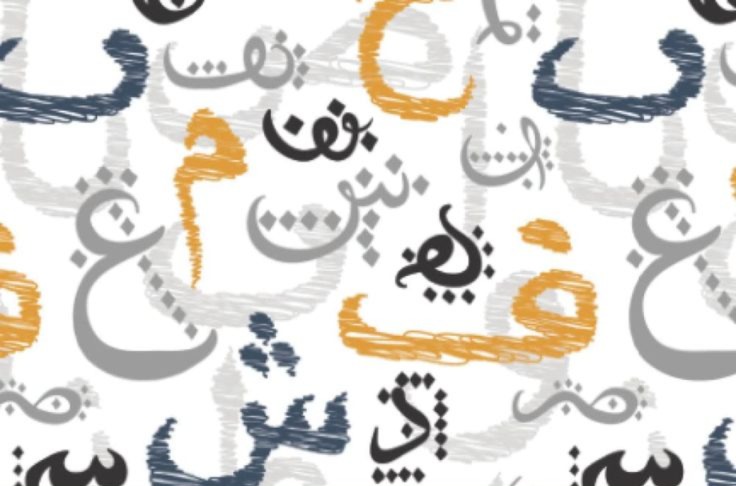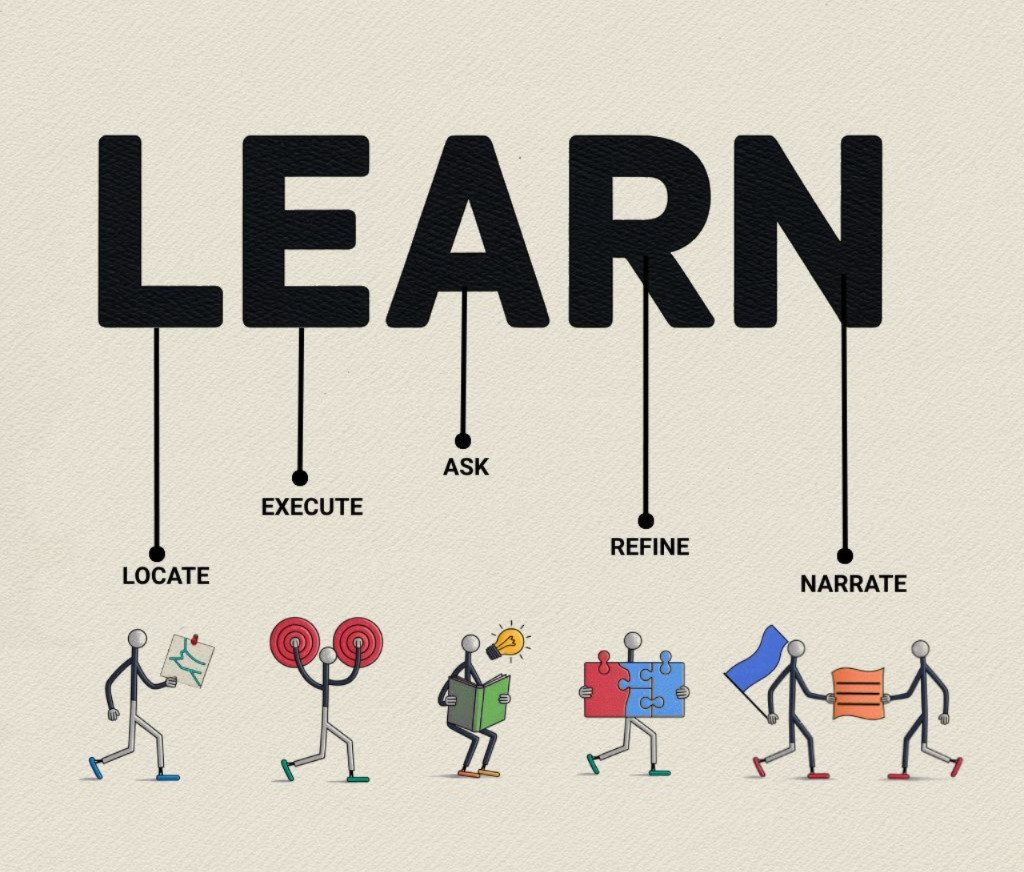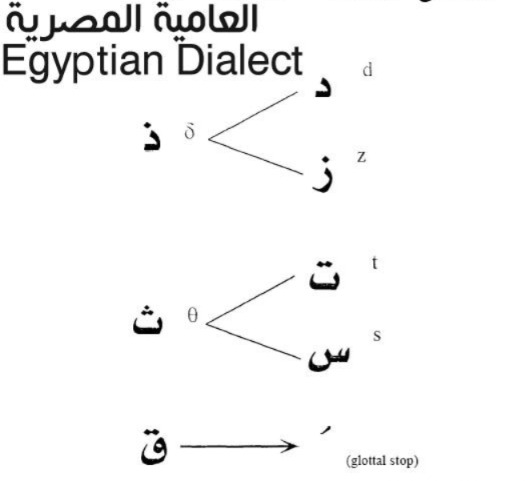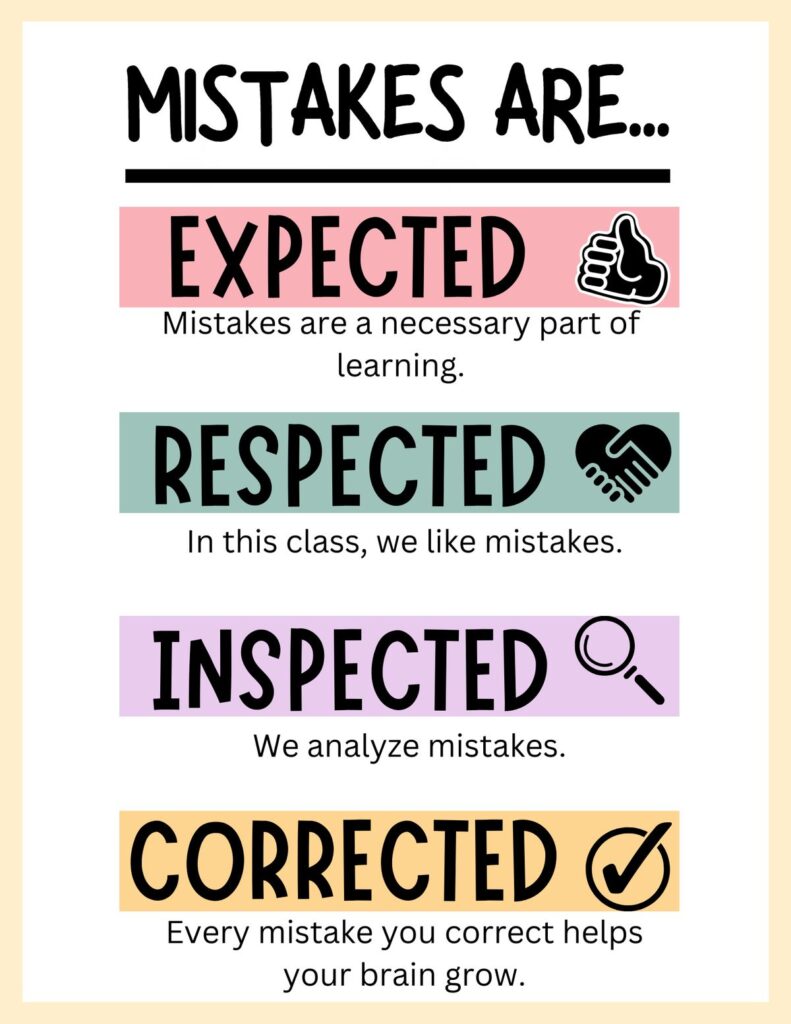
Learn Arabic Egyptian Dialect and dive into a language that is not only practical but also full of life, humor, and cultural richness. Spoken by over 100 million people in Egypt (according to Ethnologue) and widely understood across the Arab world, this dialect opens doors to real conversations, everyday interactions, and authentic experiences. Unlike Modern Standard Arabic, which is formal and mainly written, Egyptian Arabic is the language of daily life—friendly, flexible, and easy to grasp for beginners.
From lively markets and cafés to movies, music, and TV series that have shaped Arab pop culture for decades, learning Egyptian Arabic connects you directly to the heart of Egyptian culture. With its approachable pronunciation, expressive phrases, and unique idioms, mastering this dialect boosts your confidence in speaking and lets you enjoy the humor, warmth, and personality of the people—making your Arabic learning journey both effective and genuinely enjoyable.
What Makes Arabic Egyptian Dialect Unique?

The beauty of the Egyptian dialect lies in how effortlessly it blends simplicity, warmth, and cultural depth. When you learn Arabic Egyptian Dialect, you’re not just studying a set of rules—you’re stepping into a language shaped by history, humor, and everyday life. Its sounds are approachable, its expressions are lively, and its grammar flows in a way that makes speaking feel natural rather than technical. Whether you’re watching an Egyptian movie, chatting with locals, or practicing common phrases, Masri welcomes you in with its friendly rhythm and expressive personality.
Learn Arabic Egyptian Dialect with Simple Pronunciation and Friendly Rhythm
Egyptian Arabic is easy to pick up thanks to its simple, clear pronunciation and natural, friendly rhythm. For example, the letter ‘ج’ (jeem) is pronounced as a hard ‘g’ (as in “go”) rather than the soft “zh” in other dialects. The ‘ق’ (qaf) is often replaced with a glottal stop, similar to the “uh-oh” sound in English. This approachable pronunciation, combined with common greetings like “Sabah El Kheir” (Good morning) and “Ahlan wa sahlan” (Welcome), makes learning Egyptian Arabic fun and interactive.
Learn Arabic Egyptian Dialect Through Clear Grammar and Everyday Vocabulary
The Egyptian dialect has clear grammar influenced by Coptic and uses unique sentence structures that are easy to grasp. It also borrows words from Greek, French, Italian, Turkish, and English, making the vocabulary rich yet familiar. Daily expressions like “Akhbarak eh?” (How are you?) or “Mafiish mushkila” (No problem) are practical for everyday conversations. With over 110 million speakers, Egyptian Arabic is widely understood across the Arab world, making it a practical choice if you want to learn Arabic Egyptian dialect that’s both useful and widely recognized.
The “Masri” Personality — Warm, Humorous, Expressive
Beyond grammar and vocabulary, Egyptian Arabic carries the “Masri” personality—warm, expressive, and full of humor. Moreover, this charm is reflected in the vibrant culture of Egypt, from cinema and TV shows to music and everyday social interactions. As a result, the media has spread the dialect far beyond Egypt’s borders, giving learners the chance to connect with Egyptian culture in a lively and engaging way. Additionally, regional variations—like the unique slang of Cairo or the distinctive style of Alexandria—add even more color and personality to the language, making it rich, expressive, and truly enjoyable to speak.
How to Learn Arabic Egyptian Dialect Step-by-Step

Learn Arabic Egyptian Dialect by Starting with Essential Everyday Phrases
Learn Arabic Egyptian Dialect without feeling overwhelmed, even if you’re an English speaker. Start with simple greetings and daily expressions like “Sabah El Kheir” (Good morning), “Akhbarak eh?” (How are you?), or “Mafiish mushkila” (No problem). Focus on memorizing one phrase a day, and use it in sentences rather than just translating word-for-word. Listening to Egyptian music and watching movies with subtitles will help you internalize these phrases naturally. By practicing consistently, you’ll gradually build confidence and start speaking Egyptian Arabic naturally.
Learn Arabic Egyptian Dialect by Mastering the Most Common Verbs and Sentence Patterns
Next, get familiar with frequently used verbs and sentence structures. Learning roots of words can help you remember more than one word at a time:
- KTB ك-ت-ب
- كتاب (Kitab) – Bookمكتب (Maktab) – Desk/Officeيكتب (Yktab) – To write
- مكتبة (Maktaba) – Library
Also, don’t worry too much about grammar at first—focus on using the verbs in context, forming sentences, and gradually building confidence.
Master the Egyptian Sounds (like g, ah)

Pronunciation is key! Egyptian Arabic has unique sounds:
- ‘ج’ is pronounced as a hard g (as in “go”)
- ‘ق’ often becomes a glottal stop
- Everyday words are pronounced in a friendly, rhythmic way—learning them this way will make you sound like a local.
You can also use Franco Arabic (writing Arabic in the Roman alphabet) to practice pronunciation before fully reading and writing Arabic script. For example:
- Ana bas7a – I wake up – أنا بـَصحى
Learn Arabic Egyptian Dialect by Listening to Native Speakers Daily
Learn Arabic Egyptian Dialect by immersing yourself as much as possible. Listen to Egyptian podcasts, music, and TV shows to get used to natural pronunciation and flow. If you’re in Egypt, practice speaking with locals—they are welcoming and encouraging. If not, online courses with native speakers allow you to practice daily. The more you listen, the faster your brain picks up sentence patterns, intonation, and slang expressions.
Extra Tips for Success:
- Set a study schedule and stick to it—learning little by little beats cramming.
- Learn cognates—words similar to languages you already know—to expand your vocabulary faster.
- Speak, repeat, and practice constantly; don’t fear mistakes—they’re part of learning!
By following these steps, anyone can start to learn Arabic Egyptian dialect, communicate confidently, and enjoy the richness of Egyptian culture while speaking naturally.
For a full beginner-friendly roadmap, you can also read our Arabic Language Course for Beginners blog post here.
Must-Know Egyptian Phrases for Beginners
Learn Arabic Egyptian Dialect: Greetings & Introductions

Start your day like a local! When you meet someone, you can say:
- A: “صباح الخير!” (Sabah el kheir – Good morning!)
- B: “صباح النور!” (Sabah el noor – Good morning, back at you!)
Or when introducing yourself:
- A: “أنا أحمد.” (Ana Ahmed– I’m Ahmed.)
- B: “تشرفنا!” (Tsharrafna – Nice to meet you!)
Simple, warm, and instantly friendly.
Asking for Directions

Lost? No problem. Egyptians love helping visitors:
- A: “فين المتحف؟” (Fein el mat7af? – Where is the museum?)
- B: “خد الشارع ده على طول، بعدين لف شمال.” (Khod el shari3 da 3ala tool, ba3deen laff shmaal – Take this street straight, then turn left.)
Learning phrases like this makes exploring the city stress-free and fun.
Shopping & Bargaining

Going shopping in a market? Try these:
- A: “بكام ده؟” (Bekam da? – How much is this?)
- B: “مية جنيه.” (Meya gineh – 100 pounds.)
- A: “ممكن تمنه أقل؟” (Momken tamano a2al? – Can you give me a lower price?)
Bargaining is part of the fun, and using the right phrases makes the interaction playful and friendly.
Daily Life Phrases Used Everywhere
Everyday phrases keep you sounding natural:
- “تمام” (Tamam – Okay / All good)
- “الحمد لله” (El-hamdulillah – Thank God / I’m fine)
- “معليش” (Ma3lish – No worries / It’s okay)
These phrases pop up everywhere—on the street, in cafes, even at work!
Funny Egyptian Expressions You’ll Hear All the Time
Egyptians love humor in their speech. Some common playful expressions include:
- “يا سلام” (Ya salam – Wow!/Amazing!)
- “على كيفك” (3ala kayfak – Do as you like / Suit yourself)
- “يلا بينا” (Yalla beena – Let’s go!)
Using these makes your speech lively and helps you sound like a true local, not just a visitor trying to learn phrases.
If you want to explore even more everyday expressions, check out our detailed guide on Egyptian Arabic phrases here.
Learn Arabic Egyptian Dialect Grammar (Made Simple)
Learn Arabic Egyptian Dialect grammar the easy way! While Egyptian Arabic is mostly a spoken dialect, understanding its basic grammar rules will help you form sentences confidently, communicate clearly, and sound more like a native. From verb patterns to pronouns and everyday expressions, mastering these fundamentals makes speaking Egyptian Arabic much more natural and enjoyable.
How Egyptian Verbs Work
Egyptian Arabic verbs are simpler than Classical or Modern Standard Arabic. In the present tense, a prefix “b-” shows ongoing action:

- baktib – I am writing
Past tense verbs are similar to MSA but pronounced with colloquial variations. Negation is done by placing “ma” before the verb and “sh” after:
- ma baktibsh – I do not write
Learning verb roots is very helpful because many words come from triliteral roots. For example:
- KTB ك-ت-ب → كتب (book), مكتب (office), يكتب (to write), مكتبة (library)
By mastering these patterns, you can form sentences naturally and speak more confidently.
Common Sentence Structures
Egyptian Arabic mainly follows Subject-Verb-Object (SVO) order, but it is flexible. Emphasis, style, or context can change word order. Pronouns and possessive suffixes are essential:
- -ak → your (masculine)
- -ik → your (feminine)
Focusing on everyday phrases and common sentence structures will help beginners navigate conversations without memorizing complex rules.
Differences Between Modern Standard Arabic and Masri
Masri (Egyptian Arabic) differs from MSA in several key ways:
- Pronunciation: Hard g for ج, glottal stop for ق
- Grammar: More relaxed verb forms and flexible sentence structures
- Usage: Masri is primarily spoken in daily life, while MSA is used for news, writing, and formal communication
- Vocabulary: Masri includes many loanwords from Coptic, Greek, French, Turkish, and English
For beginners, the best approach is to combine structured grammar study with listening and speaking practice. In fact, when you Learn Arabic Egyptian Dialect through online courses that offer interactive lessons, native speaker guidance, and real-life examples, grammar becomes far more manageable and practical. This way, learners build confidence faster and understand how rules work in real conversations—not just on paper.
With consistent practice, using root words, real sentences, and conversational context, learners quickly gain confidence and fluency in Egyptian Arabic while avoiding common pitfalls like over-relying on transliteration or isolated grammar rules.
Best Resources to Learn the Egyptian Dialect
When you want to learn Arabic Egyptian Dialect, choosing the right resources can make all the difference. From one-on-one lessons with native teachers to real-life conversation practice, the best tools help you build speaking confidence, understand cultural nuances, and enjoy the language every step of the way.
Online Teachers & One-on-One Classes
The most effective way to learn Egyptian Arabic is through direct interaction with qualified teachers. One-on-one classes allow you to receive personalized guidance, correct pronunciation, and immediate feedback. Instructors can tailor lessons to your level, focus on your goals, and adapt exercises to help you practice speaking, listening, reading, and writing. Learning from experienced teachers ensures you grasp the subtleties of the dialect, including slang, idioms, and cultural nuances that are difficult to acquire from books or self-study alone.
Egyptian Movies, Songs & TV Shows
Immersing yourself in Egyptian media is a great way to complement classroom learning. Watching movies, listening to songs, and following TV shows exposes you to everyday vocabulary, natural pronunciation, and common expressions. When paired with lessons from a teacher, these resources help you understand context, intonation, and how Egyptians actually speak in daily life.
Mobile Apps for Daily Practice
While not a substitute for real instruction, apps can be useful for reinforcing vocabulary and practicing reading and writing on the go. They are best used as a supplement to guided lessons, helping you review what you’ve learned in class and track your progress.
YouTube Channels and Podcasts
Listening to native speakers through podcasts or online videos can support your learning, but the real progress happens when you practice actively with a teacher. Engaging in conversations, asking questions, and receiving corrections ensures that what you learn is accurate and usable in real-life situations.
Common Mistakes When Learning Egyptian Arabic
Mixing MSA With Dialect

One of the most frequent mistakes learners make is confusing Modern Standard Arabic (MSA) with Egyptian Arabic. While MSA is used in formal writing, news, and academic contexts, Egyptian Arabic is the spoken dialect used daily. Using MSA words or structures in casual conversation can make you sound stiff or unnatural. To avoid this, focus on colloquial phrases, slang, and idiomatic expressions that Egyptians actually use, like “ماشي” (okay) or “عندك حق” (you’re right).
Translating Word-for-Word
Translating directly from English into Egyptian Arabic is another common pitfall. When you learn Arabic Egyptian Dialect, word-for-word translation can distort meaning, produce awkward sentences, and slow down fluency. Instead, learn words in context and practice forming full sentences. For example, don’t just memorize the word “eat”—practice using it in sentences like “بأكل عيش” (I eat bread). Immersing yourself in dialogues, music, and TV shows helps you internalize natural phrasing.
Not Practicing Out Loud With Natives
Many learners study Egyptian Arabic passively, reading and listening without actually speaking. This slows down real-life communication skills. Speaking out loud with native speakers is crucial—it improves pronunciation, builds confidence, and helps you naturally adopt sentence structures and expressions. If you’re not in Egypt, online courses or language exchanges with native speakers are excellent alternatives. Consistent speaking practice turns passive knowledge into active fluency.
Final Thought
Learning Egyptian Arabic is more than just mastering words and grammar—it’s about connecting with a vibrant culture, enjoying everyday conversations, and experiencing Egypt through its language. With the right guidance, even beginners can start speaking confidently from day one and truly feel the warmth, humor, and personality of the Egyptian people.
At Areeb Academy, we make this journey easy and enjoyable:
Native Egyptian Teachers guide you every step of the way.
- Personalised Beginner-Friendly Lessons tailored to your pace and goals.
- Practice Conversations From Day One so you speak naturally and confidently.
- Fun, Cultural Immersion Through Real Egyptian Dialogues brings the language to life.
Start your Arabic journey today—try a free trial and experience Egyptian Arabic the way it’s meant to be learned!
FAQs
1. What is Egyptian Arabic?
Egyptian Arabic, also called Masri, is the spoken dialect used in daily life in Egypt. It differs from Modern Standard Arabic (MSA) in pronunciation, grammar, and vocabulary, making it more flexible and approachable for everyday conversations.
2. How many people speak Egyptian Arabic?
Over 100 million people speak Egyptian Arabic in Egypt, and it is widely understood across the Arab world.
3. Is it hard for beginners to learn Egyptian Arabic?
Not at all! Egyptian Arabic has simple pronunciation and friendly, rhythmic sounds. Starting with common phrases and daily expressions makes it easier for beginners to communicate confidently.
4. How is Egyptian Arabic different from Modern Standard Arabic?
While MSA is formal and mainly written, Egyptian Arabic is spoken in everyday life. It has relaxed grammar, unique sentence structures, and includes slang and borrowed words from languages like English, French, and Turkish.
5. What’s the best way to practice Egyptian Arabic?
Combining one-on-one lessons with native speakers, listening to Egyptian music, podcasts, or TV shows, and practicing speaking daily is the most effective way to improve your skills.
6. Can I learn Egyptian Arabic online?
Yes! Online courses with interactive lessons, native instructors, and real-life conversation examples allow you to learn effectively, even if you’re not in Egypt.
7. How soon can I start speaking Egyptian Arabic naturally?
With consistent practice, beginners can start using essential phrases and simple sentences from day one. Immersing yourself in the language daily speeds up your progress.
8. Are there common mistakes to avoid?
Yes, common mistakes include mixing MSA with Masri, translating word-for-word from English, and not practicing speaking out loud. Focusing on context, listening, and regular conversation practice helps you avoid these pitfalls.


